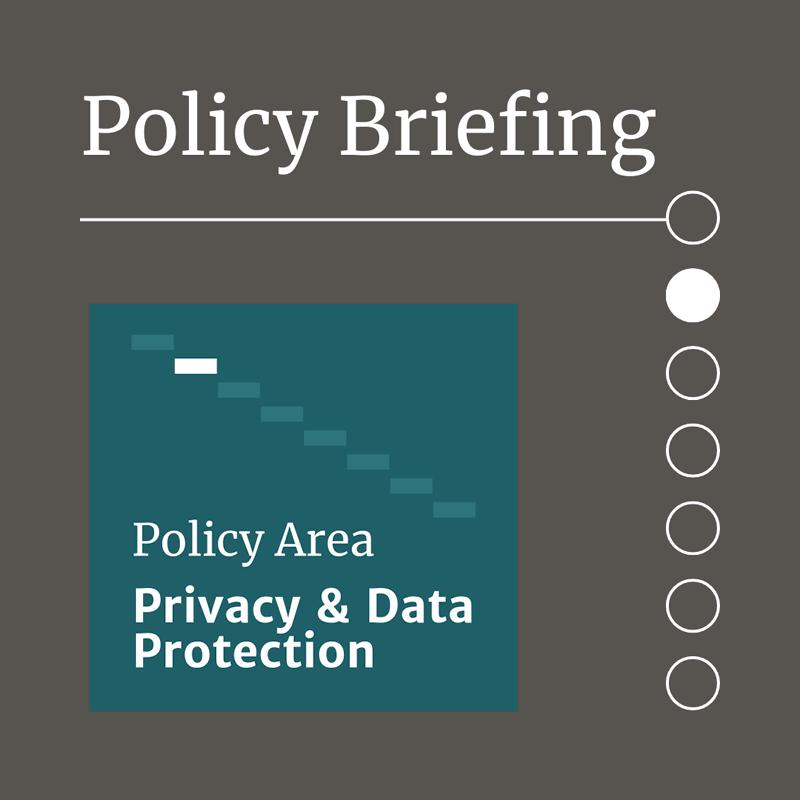Briefing: Targeted advertising and profiling in the Privacy Act Review - Are we going far enough?

This policy briefing reflects discussions held in a roundtable of 16 policy experts around privacy, human rights and consumer law on the 4th September 2023. The event was held under Chatham House Rules, and this briefing presents an overview of the discussion. The roundtable was prompted by proposals put forward in the Privacy Act Review and the significant pushback from adtech and media against these reforms. Specifically:
The Privacy Act Review makes a number of proposals that would curb targeted advertising and its associated profiling.
- Proposal 20.3 provides ‘individuals with an unqualified right to opt-out of receiving targeted advertising’, and;
- Proposals 20.2 provides individuals ‘with an unqualified right to opt-out of their personal information being used or disclosed for direct marketing purposes. Similar to the existing requirements under the Act, entities would still be able to collect personal information for direct marketing without consent, provided it is not sensitive information and the individual has the ability to opt-out’. These proposals align with existing requirements in EU regulation and legislation in some US states, specifically California, Colorado, Texas and Montana, which, combined, cover 20% of the US population.
The pushback from tech and media has been extensive. In May 2023, for example, Meta flew the global director of their Privacy Policy team out to lobby against some of the reforms. They claimed the proposals went ‘beyond any other any country’, and that Meta might need to move ‘towards subscription fees’ or other ‘less desirable choices’ if they were adopted. Notably, a subscription model has not been raised as a result of opt-outs provided in Europe, California, Colorado, Texas or Montana.
Against this backdrop, Reset Tech Australia convened a roundtable to explore the impact of targeted advertising and profiling on Australians from a rights and consumer-based perspective and posed the challenging question: should we ask for even stronger proposals than the Privacy Act Review suggests?
Three key questions provoked the discussion. They were:
- Can targeted advertising and profiling coexist with human rights?
- How do we explain the extent of profiling in Australia?
- What do Australians want when it comes to targeted advertising?